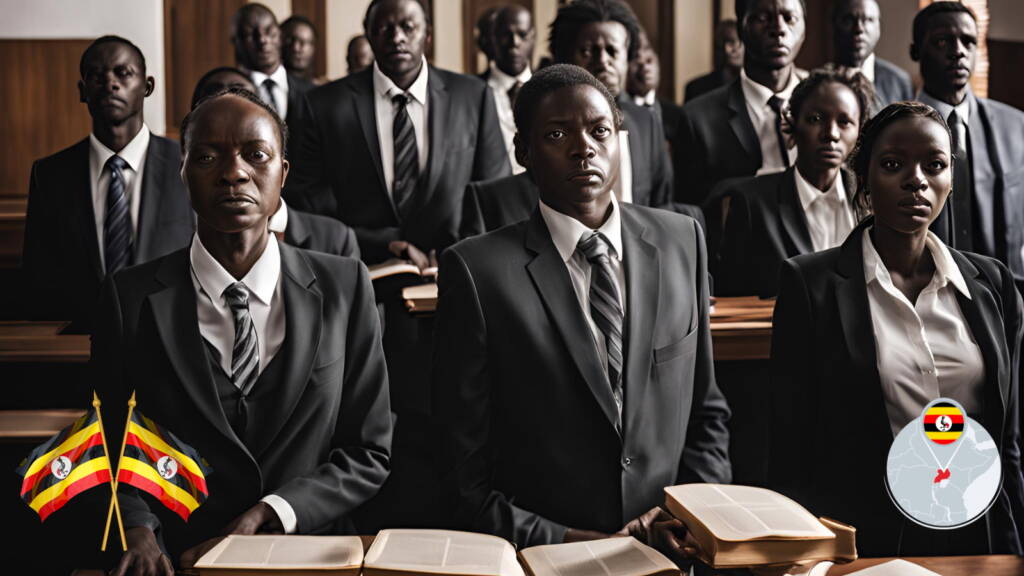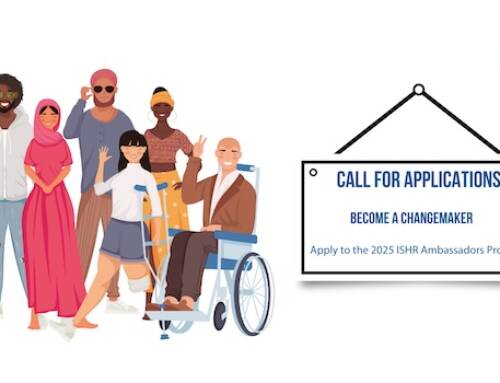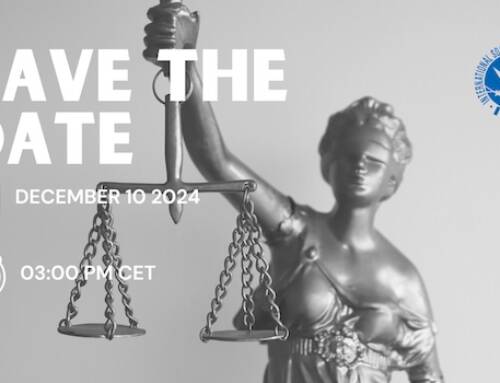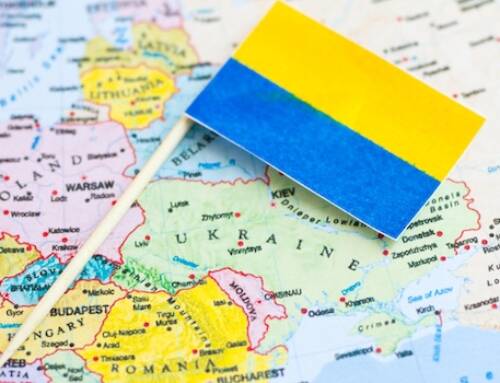Uganda


First, Let’s kill all lawyers: Uganda’s law society elections and their implications on the rule of law in Uganda
Last month, the Uganda law society, Uganda’s bar association took to the polls to elect its new president. This election solicited a lot of input from the populace and back and forth engagements mainly channelled through social media. This was primarily because an unusual candidate had expressed interest in the position of the president of Uganda law society, a one Isaac Ssemakadde. As a self-styled legal rebel, he alluded to radical approaches to the issues facing members of the society as well as broader issues for the populace hinged on rule of law, human rights and good governance. His candidature was pushed back by another group of members of society who emphasized professional ethics, decorum and sobriety all of which they alleged Ssemakadde had parted with. Some of these members bolstered their arguments with inference that general members of the public are not entitled to comment, discuss or endorse anyone (Ssemakadde) as they are not fully paid members of the society and can’t vote, hence all their actions were inconsequential.
This indeed goes to the root of Uganda’s dilemma. Uganda is a creature of colonialism, patching many communities together to form the state of Uganda in 1962. Recently, on 9th October, Uganda celebrated its national Independence Day but many Ugandans haven’t been liberated or liberated themselves from colonial shackles of dictatorship, bad governance and human rights violations. The Uganda Law Society formed under the Advocates Act as society for fully paid advocates creates a complex relation. Who do Advocates serve at the end of the day? Ethically, the primary duty of Advocates is to court and this is purposely to aid justice. It thus suffices that the duty of Advocates is to aid justice, be it to clients, the community, fellow Advocates, etc. Uganda unfortunately suffers from a challenge of access to justice with many indigents being unable to access basic justice coupled with glaring violation of human rights.
Recently, some Ugandans protested against corruption in Uganda, and many were arrested and remanded after quick and shady court sittings. The manner of arrest itself was inhuman. The Uganda Law Society and its members offered free legal services to many of those arrested. But does their work stop there? The Uganda Law Society should operate under a totally distinct set of circumstances (Extraordinary times require extraordinary measures, Dennis Culhane).
The Uganda Law Society and its members should always be up in arms to defend the rights of the people because the state is always up in arms against the citizenry. Male Mabirizi a renowned lawyer “litigator,” human rights, good governance and rule of law advocate emphasized the role of lawyers and advocates alike in Uganda to fight and defend the constitution. The duty of an advocate before their duty to court is the inexcusable duty to defend the constitution under article 3 of the constitution. A debate can wage on whether radicalism is the appropriate course of action to be taken in Uganda but what is clear is that any conventional means will yield no results just as they have not yielded any results since 1962. It is important to note that Uganda has seen no peaceful transition of power and the same almost happened with the Uganda Law Society elections with discontented parties opting for splinter organisations such as the “Uganda bar association.”
The people of Uganda have a stake in anything that has ripple effects to them. The mission and vision of the Uganda Law Society ought to direct how it operates and what its members should aspire for. The mission is to “To Develop a Skilled and Empowered Legal Profession in Execution of its Statutory Mandate to Foster and Improve Access to and Administration of Justice as well as Good Governance in Uganda” while the vision is “to be a Proficient Bar Association in Fostering Access to Justice, the Rule of Law and Good Governance in Uganda.” The mission and vision of the Uganda Law society directs members of the public on what to expect from its members. The struggle for good governance, rule law and human rights cannot divorce those who wield the legal tools and machinery to foster law as a tool for social transformation. Decorum and professional ethics have to be left in part to advance a more people centred stance on had governance and human rights violation adopting what is akin to the march by 8000 lawyers during the Arab spring in Tunisia.
The constitution of Uganda provides for sovereignty of people. Advocates are also envisaged in the “people.” The spirit of Ubuntu should guide and shape the legal profession just as it should shape what is done by all Ugandans to take steps forward to promote constitutionalism by any means permissible by the constitution. Advocates belonging to the Uganda Law Society, lawyers and all those in the legal profession should look towards alienating themselves from Uganda’s sad past characterised by bad governance, unconstitutional take-overs, human rights violation sanctioned and enabled by advocates and lawyers.
With Isaac Ssemakadde having emerged as winner, his new radical approach is upon us. God help us!
Nuwe Ahereza Marvin
Ambassador, International Society for Human rights





